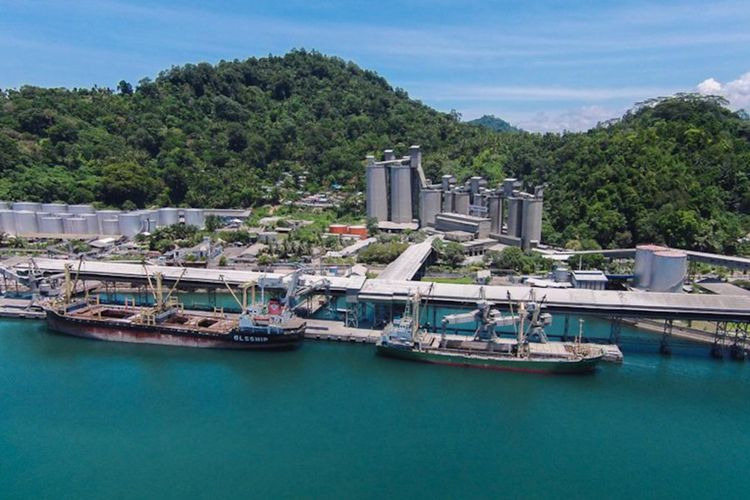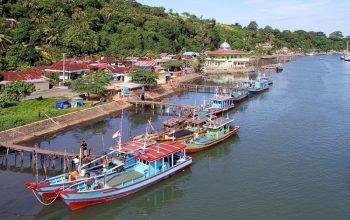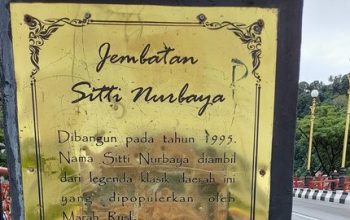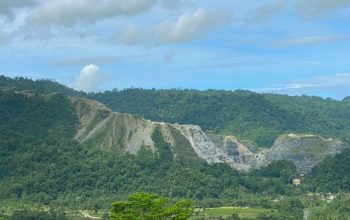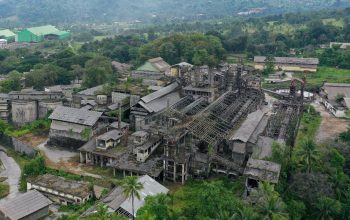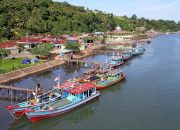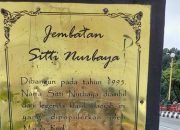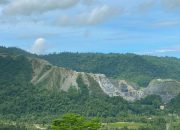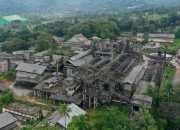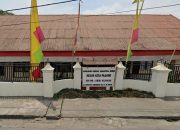Teluk Bayur Port, located in Padang, West Sumatra, Indonesia, is one of the primary ports in the region, playing a crucial role in supporting the local and national economy. As a significant maritime hub, the port is essential for the export and import activities that facilitate trade and commerce. This article outlines the key activities and operations at Teluk Bayur Port.
Export and Import Operations
Teluk Bayur Port handles a wide range of goods, including agricultural products, minerals, and manufactured goods. The port is especially known for its role in the export of palm oil, rubber, and coal. The efficient handling of these commodities is vital for Indonesia’s export market, ensuring that products reach international destinations promptly.
On the import side, the port receives various goods, such as machinery, electronics, and consumer goods. These imports are crucial for supporting local industries and meeting the demands of the population.
Cargo Handling
The port is equipped with modern cargo handling facilities, including cranes, forklifts, and container handling equipment. These facilities ensure the smooth loading and unloading of cargo from ships. The port’s infrastructure allows it to handle a large volume of containers and bulk cargo, which is essential for maintaining its status as a key logistics hub.
Warehousing and Storage
Teluk Bayur Port offers extensive warehousing and storage facilities to accommodate different types of cargo. The port provides both covered and open storage spaces, ensuring that goods are stored safely and securely. These facilities are critical for managing the flow of goods in and out of the port, allowing for efficient distribution and logistics management.
Connectivity and Transportation
The port’s strategic location and connectivity to major transportation networks enhance its operational efficiency. Teluk Bayur is well-connected to road and rail networks, facilitating the easy movement of goods to and from the port. This connectivity is crucial for supporting the supply chain and ensuring timely deliveries.
Environmental and Safety Measures
Teluk Bayur Port adheres to stringent environmental and safety standards to minimize the impact of its operations on the surrounding environment. The port implements various measures to control pollution and ensure the safety of workers and cargo. These measures include waste management practices, pollution control systems, and regular safety training for port personnel.
Economic Impact
The activities at Teluk Bayur Port have a significant economic impact on the region. The port generates employment opportunities and supports local businesses, contributing to the overall economic development of West Sumatra. Additionally, the revenue generated from port operations supports public services and infrastructure development in the region.
Conclusion
Teluk Bayur Port is a vital component of Indonesia’s maritime infrastructure, supporting the country’s trade and economic growth. Through its efficient handling of export and import activities, state-of-the-art facilities, and commitment to environmental and safety standards, the port continues to play a pivotal role in the region’s economic landscape. As global trade continues to evolve, Teluk Bayur Port is poised to adapt and grow, ensuring its continued importance in the maritime industry.
